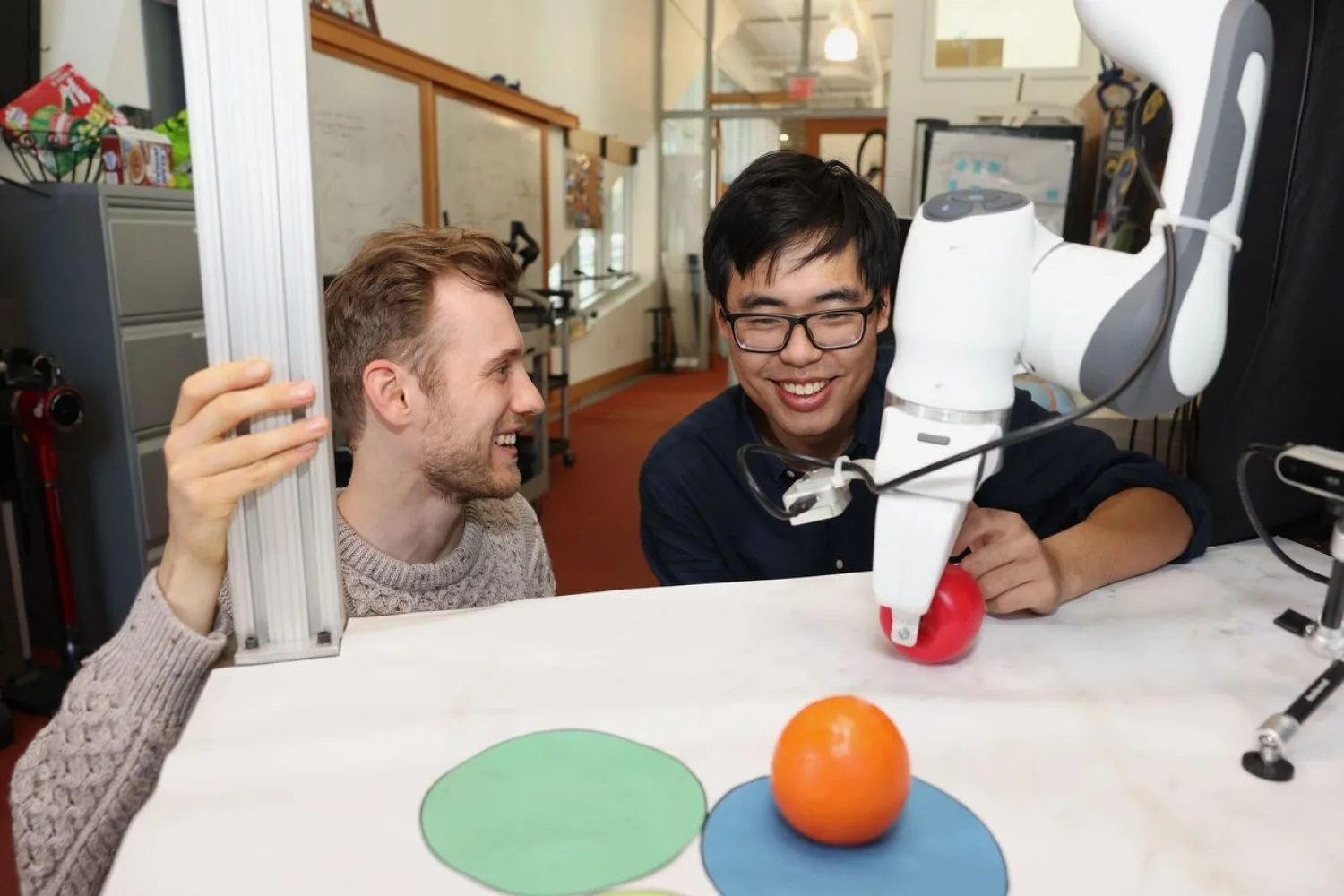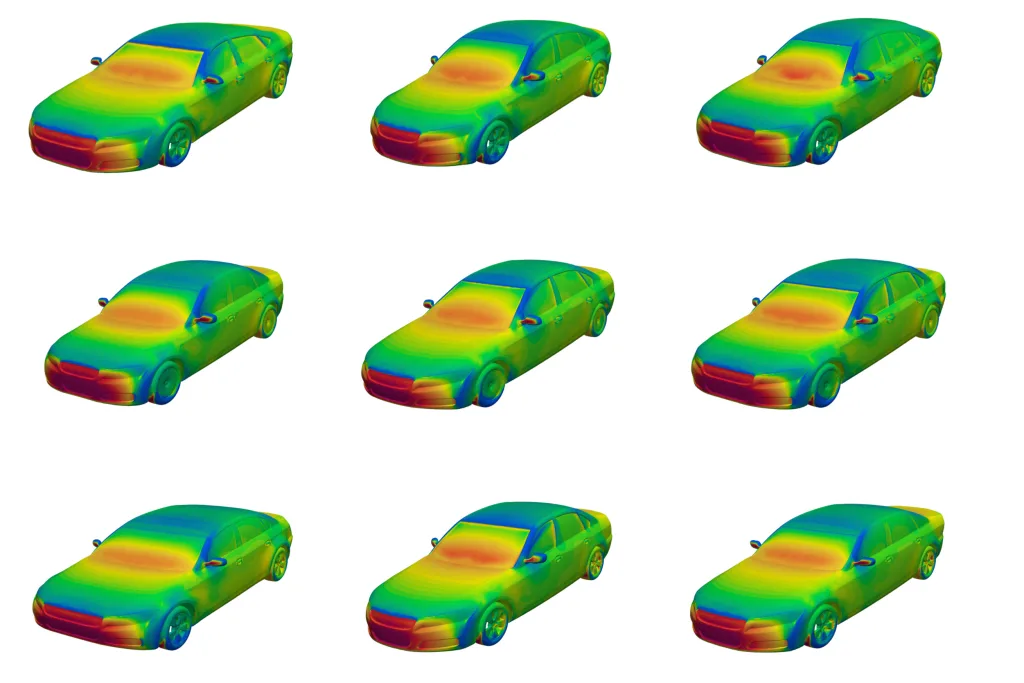Many physicians choose the medical profession with a sincere desire to assist their patients. However, the current healthcare landscape often traps them in a cycle of administrative tasks—spending countless hours managing electronic health records (EHRs), handling billing and coding, processing prior authorizations, and complying with utilization management protocols. This overload can lead to significant physician burnout, hinder effective patient care, and contribute to systemic inefficiencies.
Ambience Healthcare aims to alleviate these challenges through its innovative AI-driven platform designed to automate routine tasks for healthcare professionals both before and after patient consultations.
“Our goal is to serve as co-pilots, granting clinicians the AI superpowers they deserve,” explains Mike Ng, MBA ’16, CEO of Ambience and co-founder alongside Nikhil Buduma ’17. “Our technology integrates directly with EHRs, allowing healthcare providers to concentrate on what matters most: delivering excellent patient care.”
Ambience’s comprehensive product suite offers features such as pre-charting capabilities, real-time AI documentation, and assistance in navigating the complex landscape of insurance billing codes. Additionally, the platform facilitates the provision of after-visit summaries to patients and their families in multiple languages, ensuring clarity and consistent communication.
Currently, Ambience is actively utilized in approximately 40 large medical institutions, including notable names like UCSF Health, Memorial Hermann Health System, and St. Luke’s Health System. Clinicians from various specialties and subspecialties—spanning emergency departments, hospital care, and oncology—employ Ambience’s services across diverse languages.
According to the company’s founders, clinicians leveraging Ambience report a significant reduction in documentation time—saving two to three hours daily—resulting in decreased burnout levels and enhanced patient relationships.
Transforming Healthcare Challenges into Solutions
Mike Ng’s journey into healthcare began in 2012 after he experienced firsthand the complexities of the medical system due to a misdiagnosed back injury. This eye-opening experience highlighted the extensive hours clinicians dedicate to documenting patient visits and processing administrative tasks—often spending only 27 percent of their workday on direct patient care.
In 2014, Ng enrolled in the MIT Sloan School of Management. It was during the inaugural entrepreneurship celebration organized by the Martin Trust Center that he met Buduma. They quickly bonded and took entrepreneurial courses together, such as 15.378 (Building an Entrepreneurial Venture) and 15.392 (Scaling Entrepreneurial Ventures).
“MIT provided invaluable training in assessing what drives a successful company,” Ng reflects.
Nikhil Buduma’s experiences also shaped his insights into healthcare challenges. As an immigrant from India, he witnessed his family’s difficulties navigating the U.S. healthcare system. While studying at MIT, Buduma immersed himself in AI research and authored an early textbook on modern AI and deep learning.
In 2016, Ng and Buduma launched their initial venture—Remedy Health—in San Francisco, establishing an AI-fueled healthcare platform. Throughout this process, they gained profound insights into the struggles faced by healthcare organizations while refining their understanding of AI advancements, influenced by industry leaders, including Google’s Chief Scientist Jeff Dean.
Recognizing the significant gap between groundbreaking AI models and their practical applications in clinical settings, the duo decided in 2020 to create a dedicated team focused on fine-tuning these models for healthcare. They initiated Ambience by developing an AI-enabled scribe that operates on mobile devices and computers to accurately document doctor-patient interactions while ensuring HIPAA compliance and patient privacy.
The founders quickly realized the need for customizing models to suit specialized medical areas and worked diligently to expand their coverage systematically. They also discerned the necessity for their scribes to align with back-office functions, including insurance coding and billing. “Documentation is critical not only for clinicians but also for the revenue cycle team,” Buduma explains, emphasizing the importance of developing coding-aware algorithms amid ever-evolving coding rules.
Ambience then added features to assist clinicians with referrals and generate thorough post-visit summaries, enhancing the overall experience for both patients and their families. “Before Ambience, patients often left appointments with little more than their own notes,” Buduma recounts. “Now, they gain instant access to comprehensive summaries, greatly improving their understanding of the visit.”
Democratizing Access to Healthcare
By enhancing clinician productivity, Ambience’s founders aim to address the ongoing clinician shortage predicted to escalate in the coming years. “In healthcare, access remains a significant hurdle,” Ng says. “Rural populations face a 40 percent higher risk of preventable hospitalization, largely due to limited access to specialty care.”
With their platform already streamlining operations for healthcare systems operating on tight margins, Ng and Buduma aspire to democratize access to leading clinical expertise nationwide. “There’s an exhilarating opportunity to distribute knowledge from top academic medical centers across the U.S.,” Ng concludes. “We need to enhance access to specialists for our rural communities, and our AI infrastructure can facilitate this vital transformation.”
Photo credit & article inspired by: Massachusetts Institute of Technology



